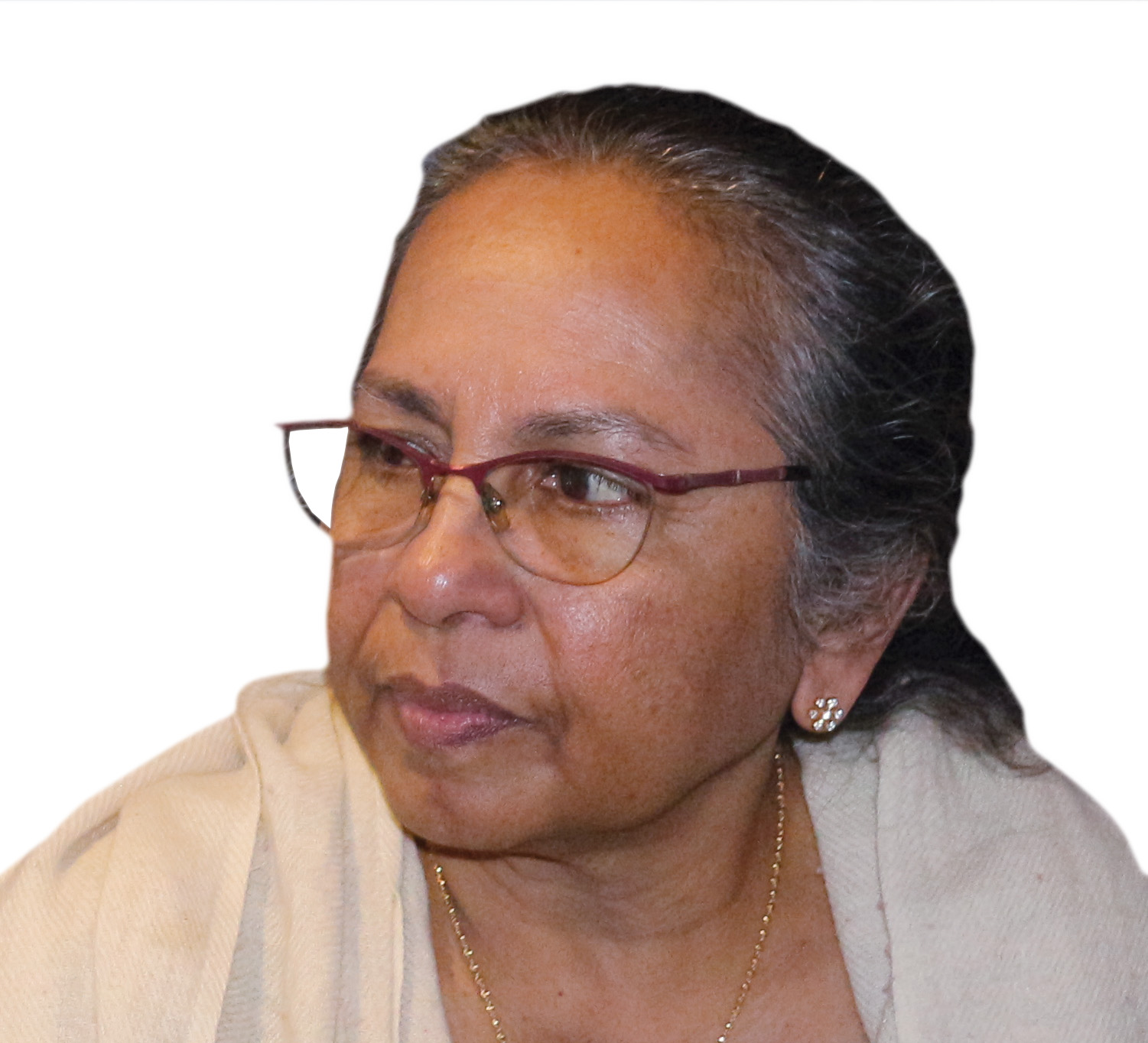
ANNIE NAMALA
Executive Director of the Centre for Social Equity and Inclusion (CSEI),
Annie Namala is a leading voice in the fields of education equity and social justice in India. With a strong background in policy analysis and grassroots advocacy, she has played a crucial role in shaping national conversations around inclusive education, particularly for Socio-Economically Disadvantaged Groups (SEDGs).
She is the Executive Director of the Centre for Social Equity and Inclusion (CSEI), an organization committed to promoting the rights of marginalized communities, and serves as the National Convener of the Wada Na Todo Abhiyan (WNTA – “Do Not Break Your Promises”), a campaign focused on holding the government accountable to its development commitments.
In 2010, Annie Namala was appointed as a member of the National Advisory Council to support the implementation of the Right to Education (RTE) Act, where she brought critical insights on equity and access to the policy table.
Her expertise offers valuable perspective on the National Education Policies (NEP) approach to addressing educational barriers for SEDGs, the viability of scholarship and incentive schemes, and the challenges of implementing Special Education Zones (SEZs) in practice. Annie Namala’s work continues to inspire a more just, inclusive, and rights-based education system for all.
The National Education Policy (NEP) 2020 aims to transform India's education system with a focus on inclusivity and access. However, for marginalized communities, the effectiveness of these reforms remains a pressing concern. In this episode, we engage in a critical conversation with Annie Namala, a prominent social activist and education expert, to explore the impact of NEP 2020 on disadvantaged groups. The discussion delves into the categorization of socio-economically disadvantaged groups (SEDGs), the concept of Special Education Zones (SEZs), the role of data in policymaking, challenges in school enrollment, and the pressing issue of privatization in education. As we analyze the policy’s real-world implications, we ask: Is NEP 2020 truly fostering equitable education, or does it risk further alienating the most vulnerable communities?
Read more
